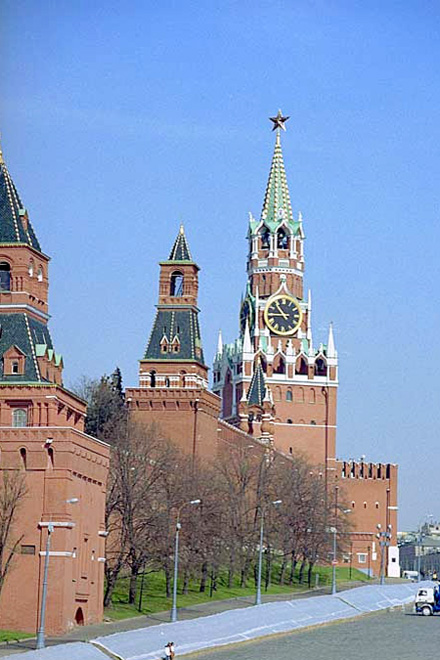Russia, Moscow /corr. Trend R.Agayev/ The results of the Presidential elections in Armenia and Azerbaijan will not affect the Armenian-Azerbaijani Nagorno-Karabakh conflict settlement, stated Soyun Sadikov, the President of the National Cultural Autonomy of the Russian Azerbaijanis, 'AzerRos'.
The Presidential elections in Armenia have been scheduled for February and for Azerbaijan in October 2008. "I do not believe that the election of a new president or re-election of the current president will affect the Nagorno-Karabakh conflict settlement," Sadikov reported to Trend on 26 December. "I have doubts that after the election of a new president in Armenia, the new State Head will settle Nagorno-Karabakh problem in a way that Nagorno-Karabakh will recognize special jurisdiction of official Baku. No Armenian president can take this responsibility and therefore, I think that everything depends on Azerbaijan, its people and the government," he said.
According to Sadikov, in order to resolve the conflict, talks should exist between official of Baku and the Azerbaijani citizens of Armenian nationality who do not recognize themselves as Azerbaijani citizens, and the interference of the foreign forces will bring nothing.
Georgi Ter-Gazaryants, the First Vice President of Union of Russian Armenians (URA), said in his interview with Trend that the settlement of Nagorno-Karabakh conflict is really being protracted, but the way of settlement has been accurately selected. According to him, the presidents of the two countries began the way of resolving this conflict through talks, Heydar Aliyev, the ex-President of Azerbaijan, took the first steps enough actively and began the process of talks, which lasted and got transferredtoIlham Aliyev, the new President of Azerbaijan.
Ter-Gazaryants said that 2007 was a useful year from the point of view of the Nagorno-Karabakh conflict, the Presidents of Azerbaijan and Armenia held six meetings. He said that during the meeting with the delegation of the URA in Yerevan, the President of Armenia, Robert Kocharyan, expressed satisfaction with the final meeting with his Azerbaijani counterpart, and stated that both sides reached an agreement to make no comments about the results./p>
The First Vice President considers that the confidentiality will be useful for the people ofboth the sides, any information leakage may be wrongly accepted and expected that the early information may yield negative results. "After the Presidents reach an agreement, it needs to carry out the major work of informing it to the people, so that they also accept the decisions which will be made there. These decisions will affect the territorial moments. Of course, there are territories that are not in need of impingement. They have never been the territories of Armenia. However, there are certain issues on which they have themselves reached at an agreement and yet these have not been publicized," he said.
According to him, even the western experts confirm that the recent meetings of the Presidents of Azerbaijan and Armenia inspire the symptoms of the closeness of settling the issue. Ter-Gazaryants stressed that in the recent period; the several actions have been carried out, which are considered accurate. According to him, it needs to prepare the peoples of two countries to live in the same way as previously. He remembered the visit of the Ambassadors of Azerbaijan and Armenia in Russia to Khankendi, Yerevan and Baku with the scientific and cultural figures, and important meetings with the Presidents. The efforts of the popular diplomacy are in demand because the issue will not be resolved without the public opinion, Ter-Gazaryants stated.
The conflict between the two countries of the South Caucasus began in 1988 due to the Armenian territorial claims against Azerbaijan. Since 1992, the Armenian Armed Forces have occupied 20% of Azerbaijan including the Nagorno-Karabakh region and its seven neighbouring districts. In 1994, Azerbaijan and Armenia signed a ceasefire agreement which ended the active hostilities. The Co-Chairs of the OSCE Minsk Group ( Russia, France and US) are currently the holding peaceful negotiations.






